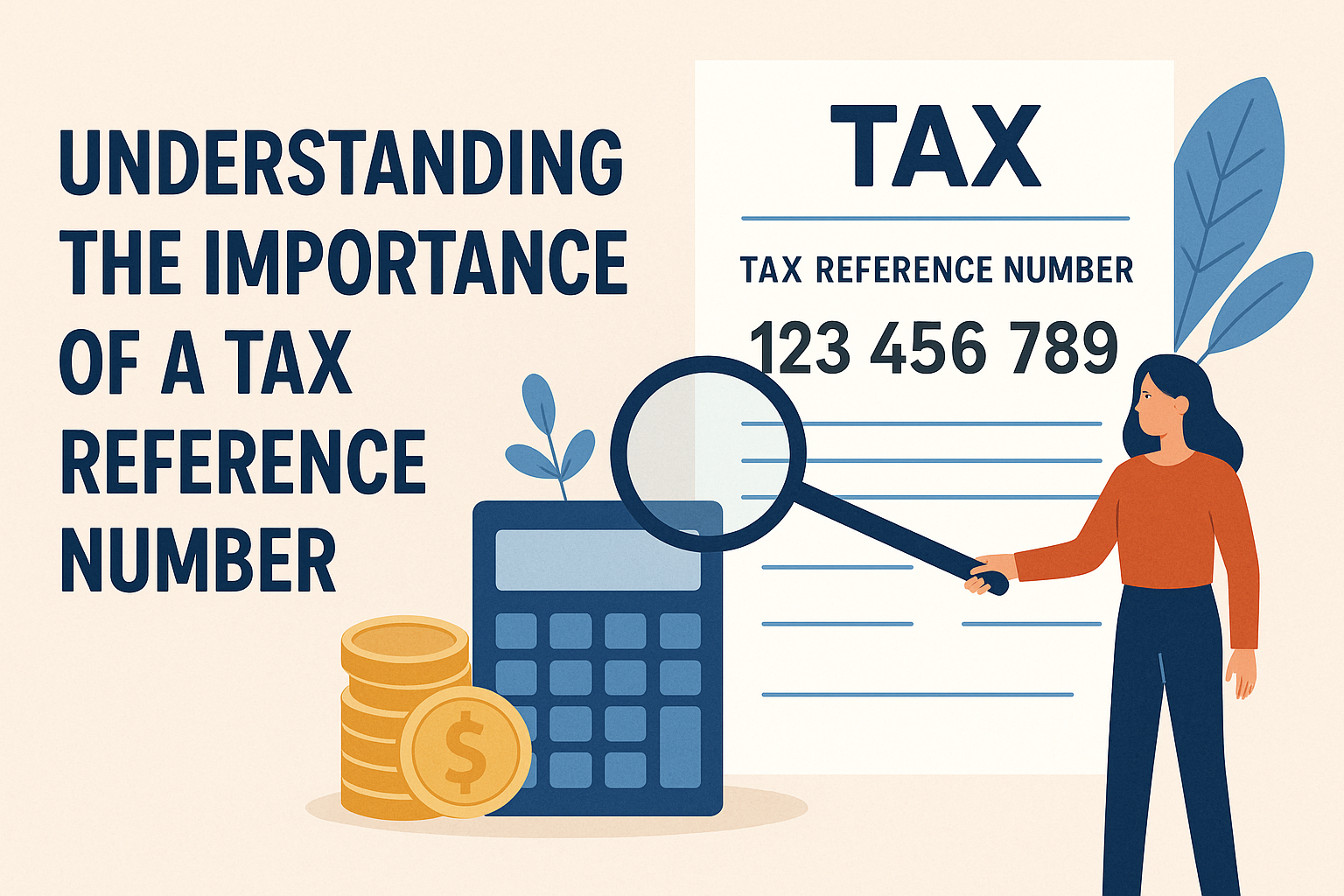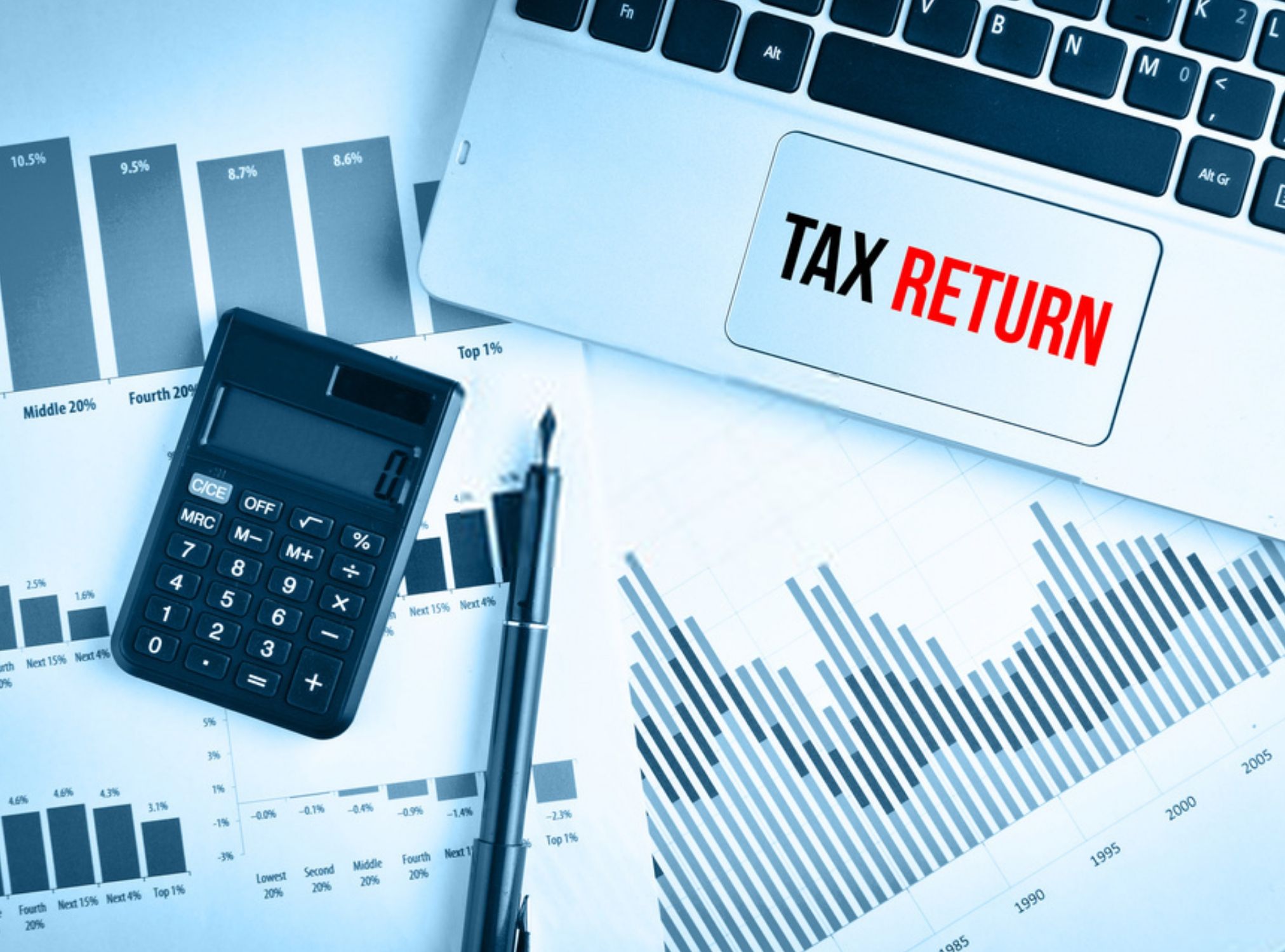Understanding the Importance of a Tax Reference Number
Tax Reference Number is one of the most common words you hear when tax-related matters are talked about. It is important for all workers, all business people, and even freelancers, as much as it relates to the legal record-keeping of an individual.
But what is a tax reference number? And why is it significant? In the article, we will be presenting you with all the information that you need to know about a Tax Reference Number.
What is the meaning of a Tax Reference Number?
This is a kind of number unique to an individual or business assigned by a tax authority in a country to identify them with regard to tax purposes. It serves as an ID through which all tax-related information, generally covering income, tax returns, payments, and liabilities, is linked. This number greatly assists tax authorities in managing and tracking the taxes owed or paid by taxpayers.
Depending on the country, this number might have various names:
- The tax reference number UK is referred to as the UTR (Unique Taxpayer Reference).
- In the US, it refers to a TIN (Taxpayer Identification Number), which could take the shape of the SSN (Social Security Number) or EIN (Employer Identification Number).
- In South Africa, it’s simply a Tax Reference Number issued by the South African Revenue Service (SARS).
- In India, the same is called PAN (Permanent Account Number).
Though the names differ, the aim is largely the same – that is, the correct identification of taxpayers and their tax liabilities.
What is the importance of a Tax Reference Number?
- Filing of Tax Returns
If you don’t have your tax office reference number, you will not be able to file for a tax return. It ensures that a return is connected to you and processed accurately by the authorities.
- Keeping Track of Payments and Income
It helps tax agencies discover how much you’re earning, how much you’ve been taxed, and how much you have paid. It’s all organised in keeping under one ID.
- Used by Employers and Businesses
An employer would use the tax reference to file income tax returns and deductions on behalf of their employees.
- To avoid Legal Issues
The accurate use of tax reference numbers helps reduce errors that may cause penalties, delays in processing, or worse, prosecution for non-compliance.
- To apply for loans
If you are applying for loans or mortgages, then the majority of banks and lenders ask for your tax reference number. With this, you can show your income and tax compliance.
Where can you find your Tax Reference Number?
- In most cases, upon starting work or when registering with the tax authority, you will automatically be assigned one.
- Businesses usually apply for it when registering their company.
- Self-employed persons might be required to apply separately at the start of their trade or freelancing work.
You will generally receive the number through an official letter or certificate from the tax authority. You need to remember to keep it safe because it will be used throughout your financial life.
Conclusion
Tax reference numbers may sound like yet another bureaucratic addendum; they are part and parcel of prudent financial management today. They offer transparency, accountability, and compliance with tax laws. So whether you are employed, self-employed, or running a business, having your tax reference number—and knowing exactly how to use it—should keep you right with the law and give order to your financial affairs.
Visit us: accountinglads.com













